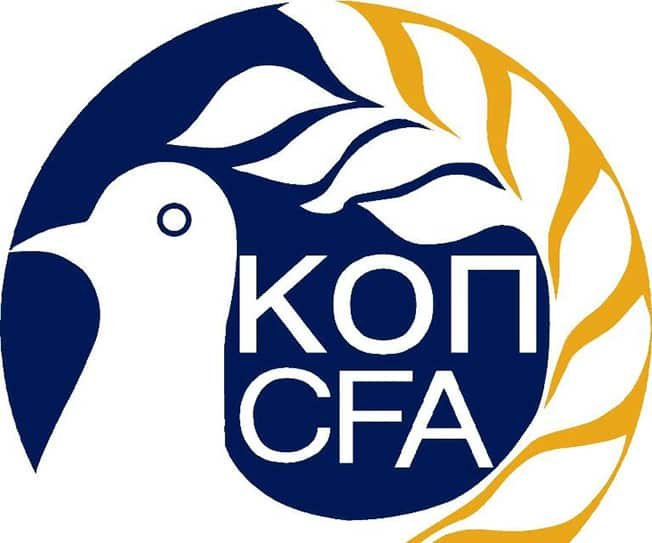Nobody would have been surprised to hear the latest twist in the saga of the football clubs, which had the Cyprus Football Association (CFA) certifying that all of them satisfied the financial criteria of Uefa. They did on Friday, at least formally, when the CFA wrote to Uefa, because it had not received the relevant information it had requested about the clubs’ outstanding debts to the tax department and the social insurance fund.
The finance ministry responded to the CFA’s request for information on Monday, because according to the permanent secretary, Andreas Zachariades, the data from the tax department and the social insurance office only reached the ministry on Friday. On Friday, however, the CFA seized the opportunity to write to Uefa, certifying that all clubs satisfied the criteria as it had no official documentation suggesting otherwise.
The vice president of the CFA, Nik Nikolaides, said the association had written to the finance ministry seeking this information by May 21, and as it had not received this, it asked the football clubs to provide it with audited accounts confirming that all debts to the state had been seen settled. The House finance committee, which discussed the matter on Monday morning, was not informed which auditing firms had signed off the accounts of the five football clubs that had not settled their tax debts.
Zachariades told the committee that “we feel we have been deceived by the CFA,” to which the ministry had sent analytical lists of the clubs’ debts on Monday. According to these lists 10 of 15 clubs had honoured their obligations under the government’s 2023 repayment scheme, while seven still had not complied with their obligations to the social insurance fund. Five of the non-compliant clubs had paid 40 or 50 per cent of their debts to the tax department.
Some deputies implied that there may have been some secret deal between the government and the CFA, an allegation that cannot be ruled out. The head of the Tax Department, Sotiris Markides, admitted that law was not being enforced, because society (and the political parties) wanted a solution to be found. If the Tax Department enforced the tax collection measures at its disposal, the clubs, not paying their debts would have been closed – memos would have been placed on their assets and their bank accounts frozen. But this never happened, because, as has been proven time and again, football clubs have licence to show contempt for the laws.
It is encouraging that some deputies did not accept the excuses heard on Monday. Diko deputy, Chryses Pantelides, asked: “Does Uefa not see that the CFA is taking it for a ride?” Others also insisted that the debts must be paid, while Akel deputy Aristos Damianou spoke about a “fixed political game,” which is what this ongoing farce involving the government and the football clubs is increasingly looking like.






Click here to change your cookie preferences